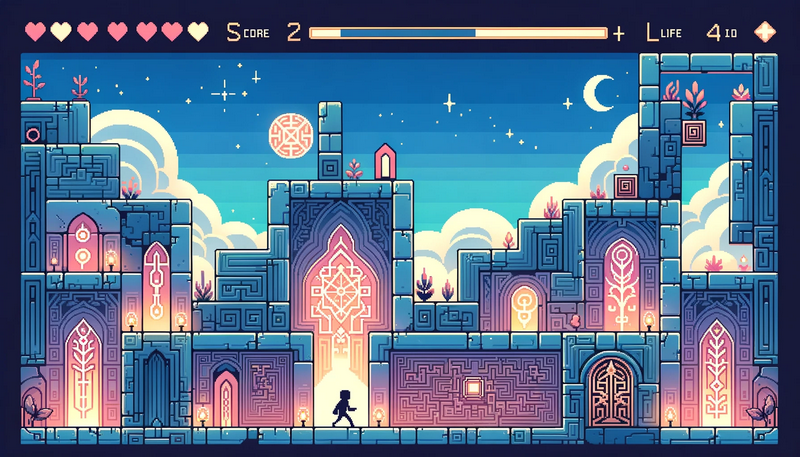How Real-World Occupations Inspire Game Systems

In the ever-evolving world of video games, developers are constantly looking for ways to engage players in new and exciting ways. One approach that has proven to be particularly inspiring is drawing from the real-world occupations and incorporating them into game systems. This not only adds realism to the gameplay but also allows players to experience what it’s like to work in various professions without leaving the comfort of their homes.
One of the most popular real-world occupations that have inspired game systems is that of a chef. Cooking games have been around for quite some time, but recent advancements in technology have allowed developers to create more immersive and detailed culinary experiences. Games like Overcooked! and Cooking Mama challenge players to prepare intricate dishes, manage their time effectively, and keep their customers satisfied. These games not only test players’ cooking skills but also require them to think on their feet and work as a team, much like a real-life chef would.
Another profession that has inspired game systems is that of a detective. Detective games have always been a popular genre, with players typically taking on the role of a sleuth solving mysteries and uncovering clues. However, recent games like LA Noire and Sherlock Holmes: Crimes and Punishments have taken this concept to the next level by incorporating realistic crime-solving mechanics and narrative-driven storytelling. Players must use their powers of deduction, gather evidence, and interrogate suspects to crack the case, just like a real detective would.
In addition to chefs and detectives, real-world occupations like doctors, firefighters, and even farmers have inspired game systems in various ways. Medical simulation games like Surgeon Simulator and Trauma Center challenge players to perform complex surgeries and save lives under pressure. Firefighting games like Firefighting Simulator and Flame in the Flood require players to extinguish fires, rescue civilians, and navigate dangerous environments. Farming simulation games like Stardew Valley and Farming Simulator allow players to plant crops, raise livestock, and manage their own farms, experiencing the joys and challenges of rural life.

But how exactly do real-world occupations inspire game systems? The answer lies in the principles and responsibilities that define each profession. For example, chefs must possess strong culinary skills, time management abilities, and teamwork capabilities to succeed in the kitchen. By translating these skills into game mechanics like recipe crafting, time-based challenges, and multiplayer modes, developers can create a realistic and engaging cooking experience for players.
Similarly, detectives must have keen observational skills, logical reasoning abilities, and a knack for problem-solving to solve crimes. By incorporating mechanics like crime scene investigation, clue analysis, and suspect interrogation into detective games, developers can simulate the thrill of solving mysteries and catching criminals in a dynamic and compelling way.
Incorporating real-world occupations into game systems not only adds authenticity to the gameplay but also allows players to learn valuable skills and gain a deeper appreciation for the professions they are simulating. By immersing players in the roles of chefs, detectives, doctors, firefighters, farmers, and more, developers can create meaningful and educational gaming experiences that resonate with players on a personal level.
Overall, real-world occupations continue to inspire best minecraft server host reddit game systems by providing a rich source of inspiration, gameplay mechanics, and storytelling opportunities. Whether players are chopping vegetables in a bustling kitchen, examining evidence in a crime scene, or plowing fields on a farm, the influence of real-world professions can be seen and felt in a wide variety of games. By drawing from the diverse and fascinating world of work, developers can create immersive and rewarding gaming experiences that entertain, educate, and inspire players of all ages.
